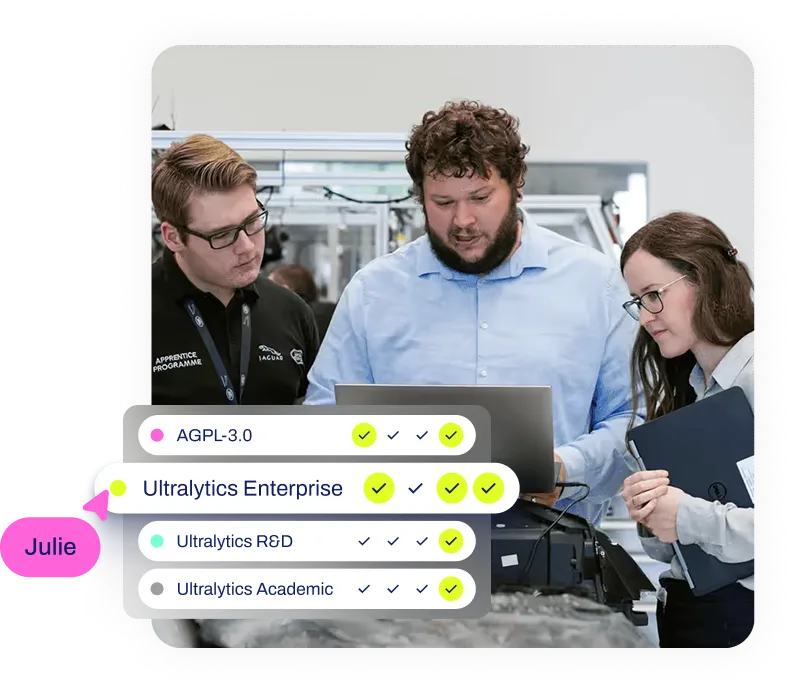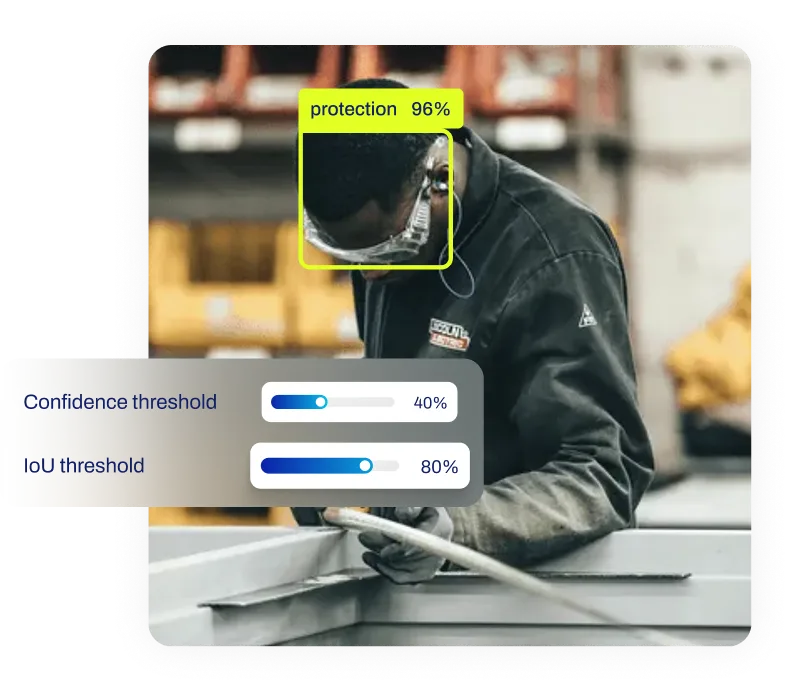Inteligencia Artificial General (IAG)
Explora los fundamentos de la inteligencia artificial general (AGI). Descubre en qué se diferencia la AGI de la IA estrecha, como Ultralytics , y descubre el camino hacia el razonamiento a nivel humano.
La Inteligencia Artificial General (AGI) representa un hito teórico en la informática, en el que una máquina posee
la flexibilidad cognitiva para comprender, aprender y aplicar conocimientos en una amplia variedad de tareas, igualando o
superando la capacidad humana. A diferencia de los sistemas actuales de IA, que están diseñados para funciones específicas, una IGA sería
capaz de razonar de forma autónoma, resolver problemas en entornos desconocidos y generalizar experiencias de un
ámbito a otro. Aunque la IGA sigue siendo objeto de intensa investigación y debate, es el objetivo último de importantes
organizaciones de investigación como OpenAI y
Google , que prometen transformar la forma en que interactuamos con la tecnología.
Distinguir entre IA general y IA estrecha
Para comprender el salto necesario para alcanzar la IGA, es esencial diferenciarla de la
Inteligencia Artificial (IA) con la que interactuamos
hoy en día.
Características fundamentales y retos
El desarrollo de la IGA requiere superar importantes obstáculos técnicos que van más allá de la simple adición de más datos a una
red neuronal (RN). Implica la creación de
arquitecturas que soporten:
-
Razonamiento abstracto: La capacidad de analizar situaciones complejas y novedosas y llegar a conclusiones lógicas
sin datos de entrenamiento específicos previos.
-
Sentido común: comprensión intuitiva de la causalidad y las leyes físicas, un rasgo que sigue siendo
difícil de comprender plenamente para los modelos actuales de aprendizaje profundo (DL).
-
Conciencia: un desafío filosófico y técnico sobre si una máquina puede poseer
sensibilidad, a menudo discutido en experimentos mentales como el
argumento de la habitación china.
Para conseguir estas características probablemente se necesiten enormes recursos computacionales, que dependen de hardware avanzado de innovadores
como NVIDIA y eficientes
técnicas de optimización de modelos.
Aplicaciones hipotéticas en el mundo real
Dado que la IGA aún no existe, sus aplicaciones son especulativas, pero transformadoras. Expertos de instituciones como
Stanford HAI sugieren que la IGA podría revolucionar las industrias al actuar como un agente totalmente
autónomo.
-
Investigación científica autónoma: a diferencia de la actual
IA en el ámbito sanitario, que ayuda a los médicos
resaltando anomalías en las exploraciones, una IGA podría revisar de forma independiente la literatura médica, formular hipótesis y
diseñar experimentos para curar enfermedades.
-
Robótica de uso general: En el campo de la
robótica, la IGA permitiría a las máquinas navegar por
entornos no estructurados. Un robot con IGA podría realizar tareas domésticas, cocinar y cuidar a personas mayores,
adaptándose a la distribución y las necesidades únicas de cualquier hogar sin necesidad de reprogramarlo. Esto crea nuevas posibilidades para la
IA en robótica.
Visualizando los límites de la IA actual
Aunque todavía no podemos programar una IGA, podemos demostrar las capacidades de la IA estrecha avanzada. El siguiente fragmento de código
utiliza el ultralytics paquete para ejecutar una tarea de inferencia. Esto representa una ANI porque el modelo está
restringido a detectar objetos para los que ha sido específicamente entrenado, careciendo de la comprensión general de una AGI.
from ultralytics import YOLO
# Load the YOLO26 model (Artificial Narrow Intelligence)
# This model excels at vision tasks but is limited to its training domain
model = YOLO("yolo26n.pt")
# Perform object detection on an image
results = model.predict("https://ultralytics.com/images/bus.jpg")
# The model identifies patterns, but does not 'understand' the scene context
results[0].show()
El camino a seguir: de la ANI a la AGI
Las investigaciones actuales están reduciendo la brecha entre las aplicaciones limitadas y la inteligencia general mediante el
aprendizaje multimodal. Modelos como GPT-4 y
los grandes modelos de lenguaje (LLM) están empezando a
mostrar destellos de razonamiento general al procesar texto, código e imágenes simultáneamente. Herramientas como la
Ultralytics permiten a los desarrolladores entrenar modelos cada vez más
sofisticados, lo que contribuye a la investigación fundamental que algún día podría conducir a una verdadera IGA. Por ahora, dominar el
aprendizaje supervisado y optimizar tareas específicas
sigue siendo la forma más eficaz de aprovechar el valor de la IA.










.webp)